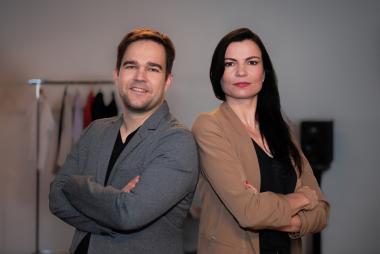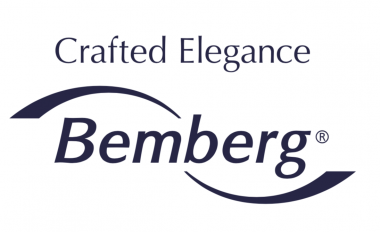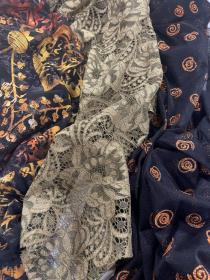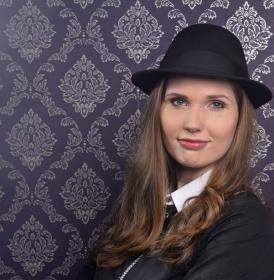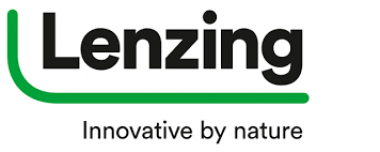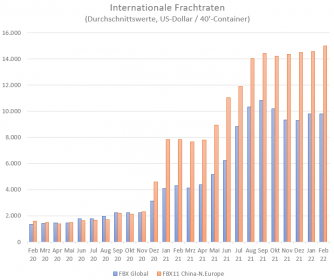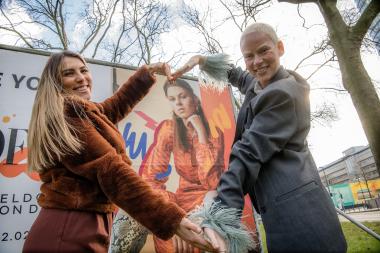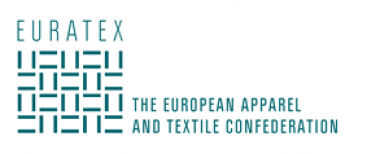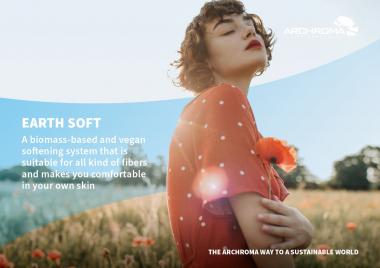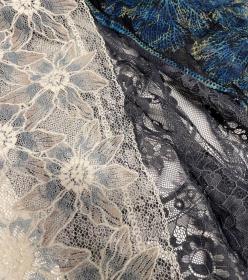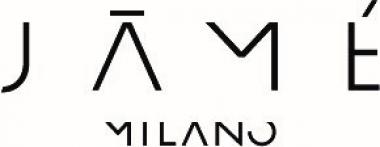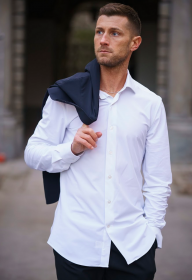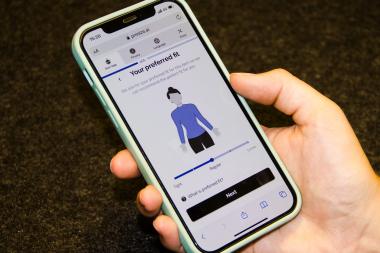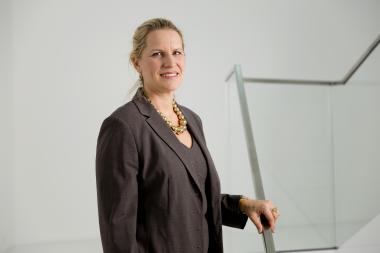Daniel Manzke ist neuer Co-Founder und CTO bei yoona.ai
Daniel Manzke ist Co-Founder und CTO beim Berliner B2B-SaaS Venture yoona.ai. Daniel verfügt über umfangreiche Erfahrungen im Produkt Management, Entwicklung von skalierbaren Plattformen und Aufbau von ganzen Organisationen aus verschiedenen Führungspositionen.
Vor seiner Tätigkeit bei The Female Company war er als CTO bei dem Startup Delivery Hero tätig, wo er die Restaurantplattform erfolgreich auf- und ausbaute. Als Co-Founder und CTO bei yoona.ai wird es seine Aufgabe sein, das Produkt und die Technologie mit den Unternehmen zu verbinden und eine Architektur zu schaffen, die die weitere Entwicklung dieser bahnbrechenden Plattform unterstützt.
yoona.ai bietet eine End-To-End-Lösung, die Unternehmen durch Daten basierte Designgestaltung hilft, bis zu 80% der Zeit in der Entwurfs- und Kollektionsentwicklungsphase zu sparen und näher am Trend und Kunden zu designen, entsprechend die Kosten zu senken und Wegwerfprodukte oder eine Überproduktion zu vermeiden. Neueste Technologien wie neuronale Netze, automatisierte 3D-Generierung- und Augmented Reality wurden in diese Design-Software integriert. Nutzer:innen können ihr Design erstellen, es in 3D-Bilder umwandeln und mit Augmented Reality projizieren. Eine Plattform von der Idee bis zur Produktion.
yoona.ai / Together.Partners


